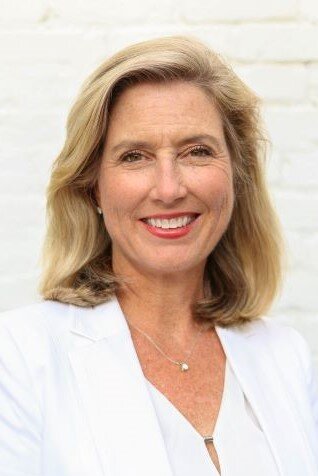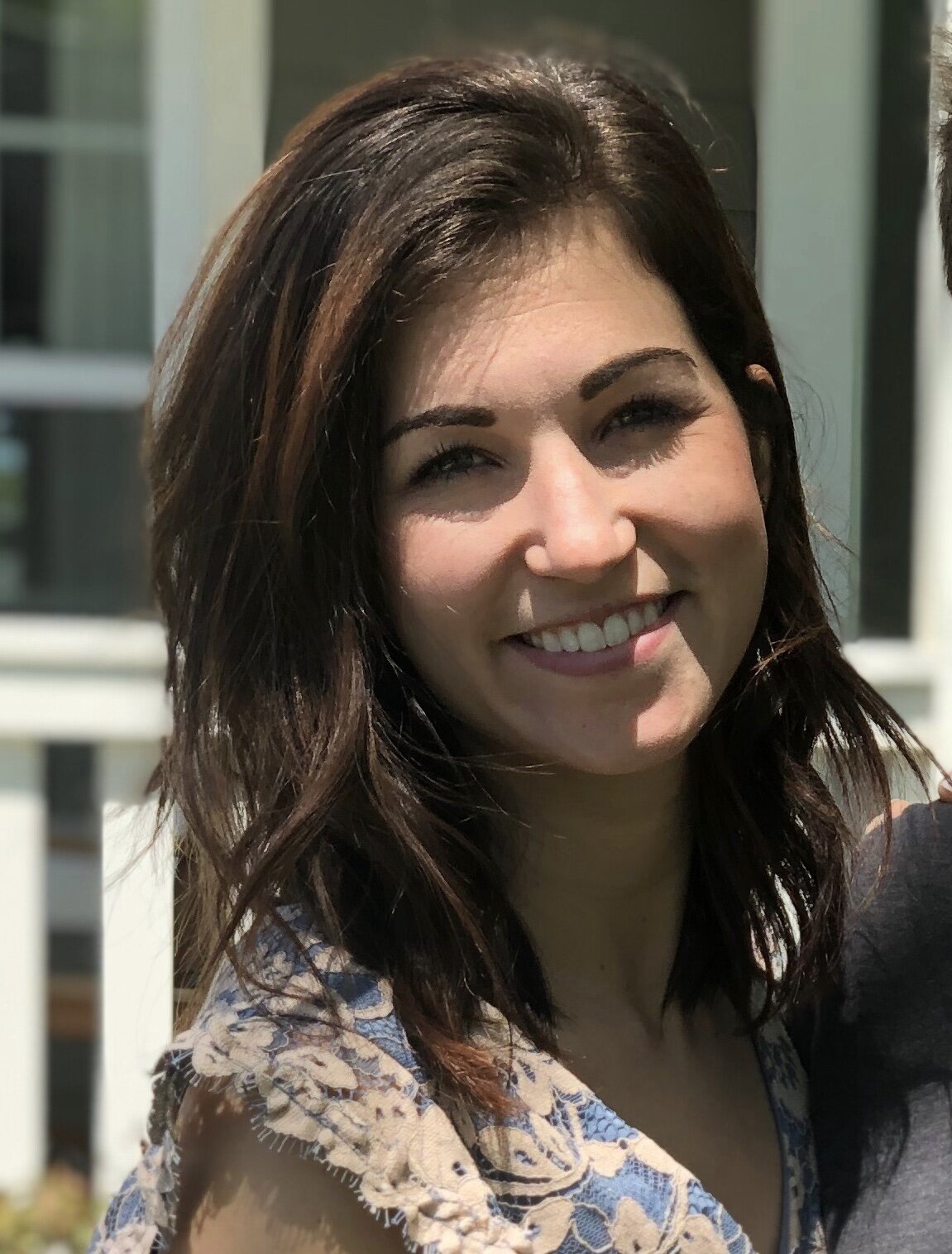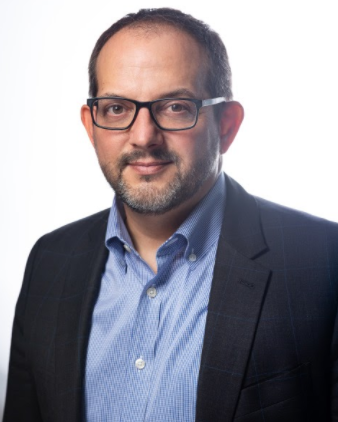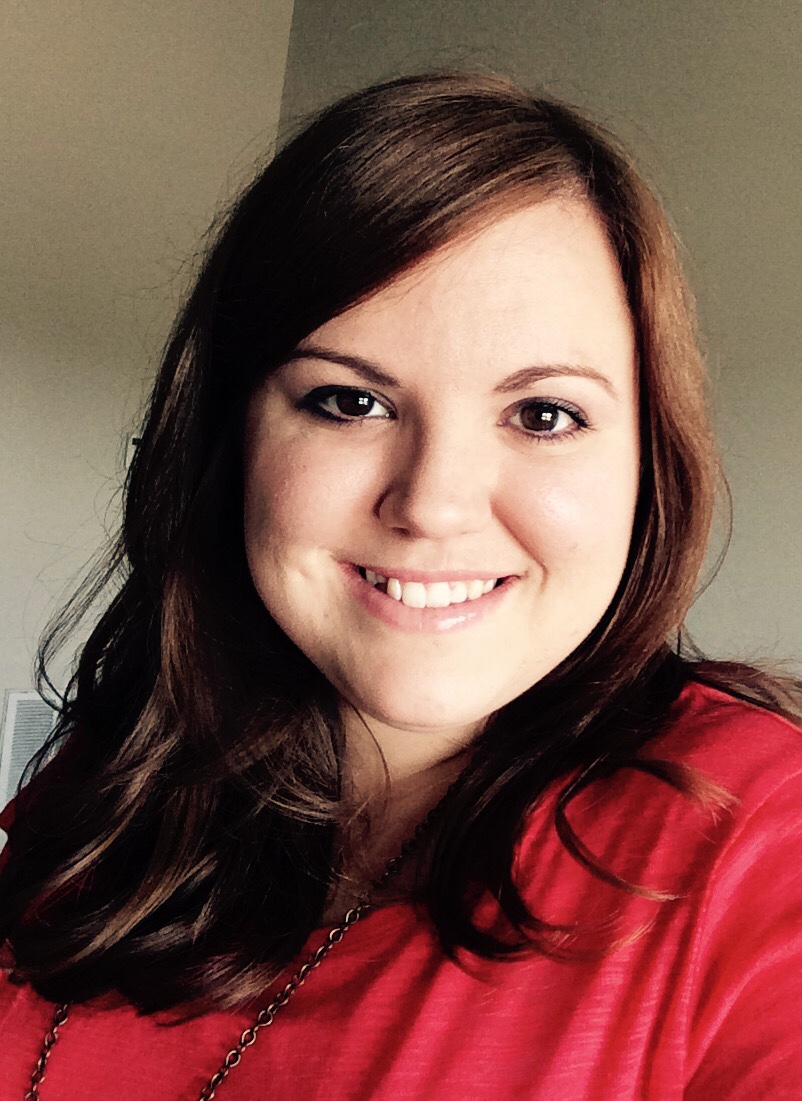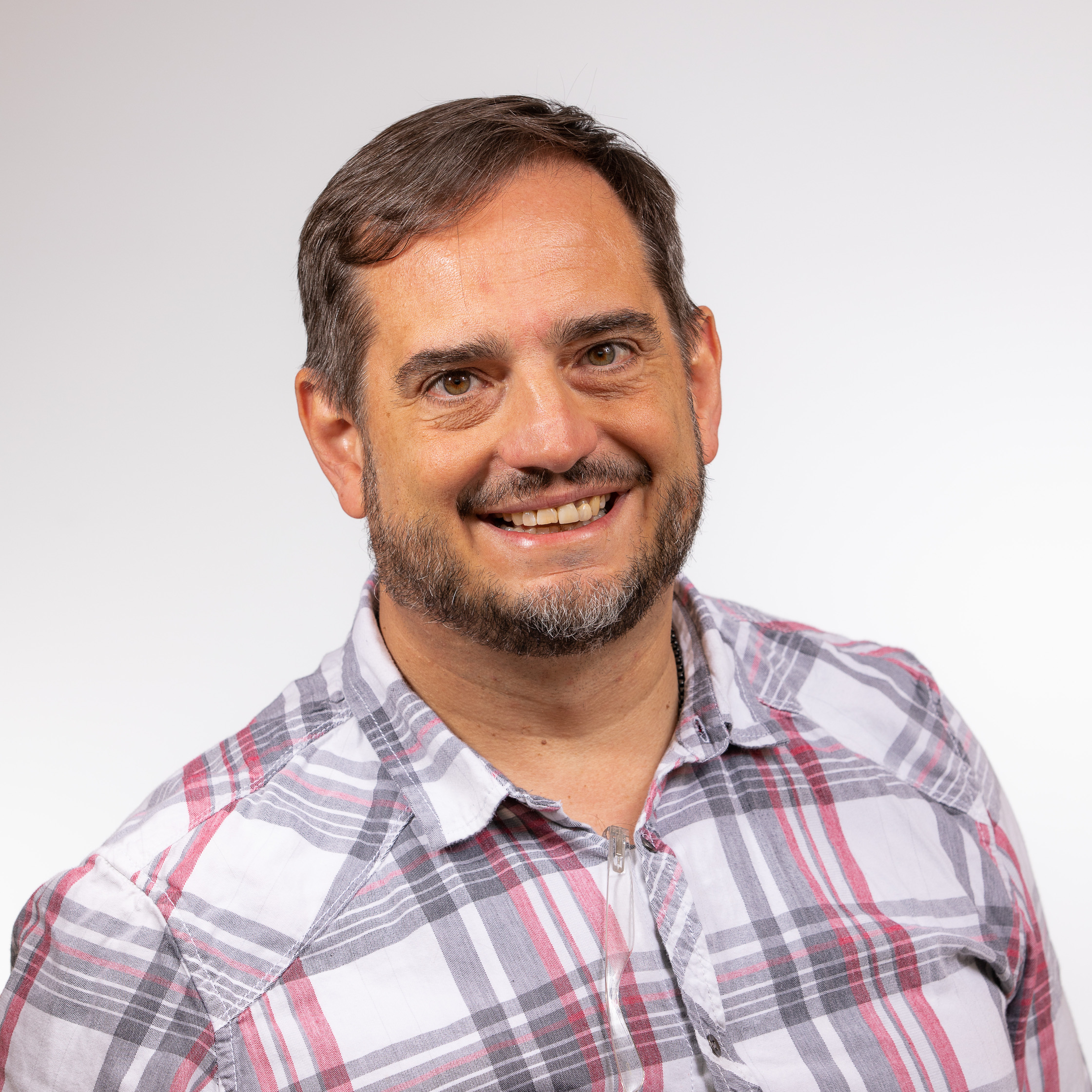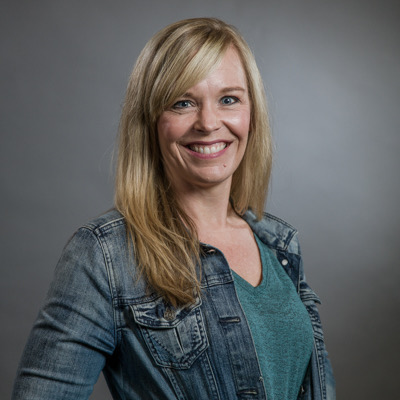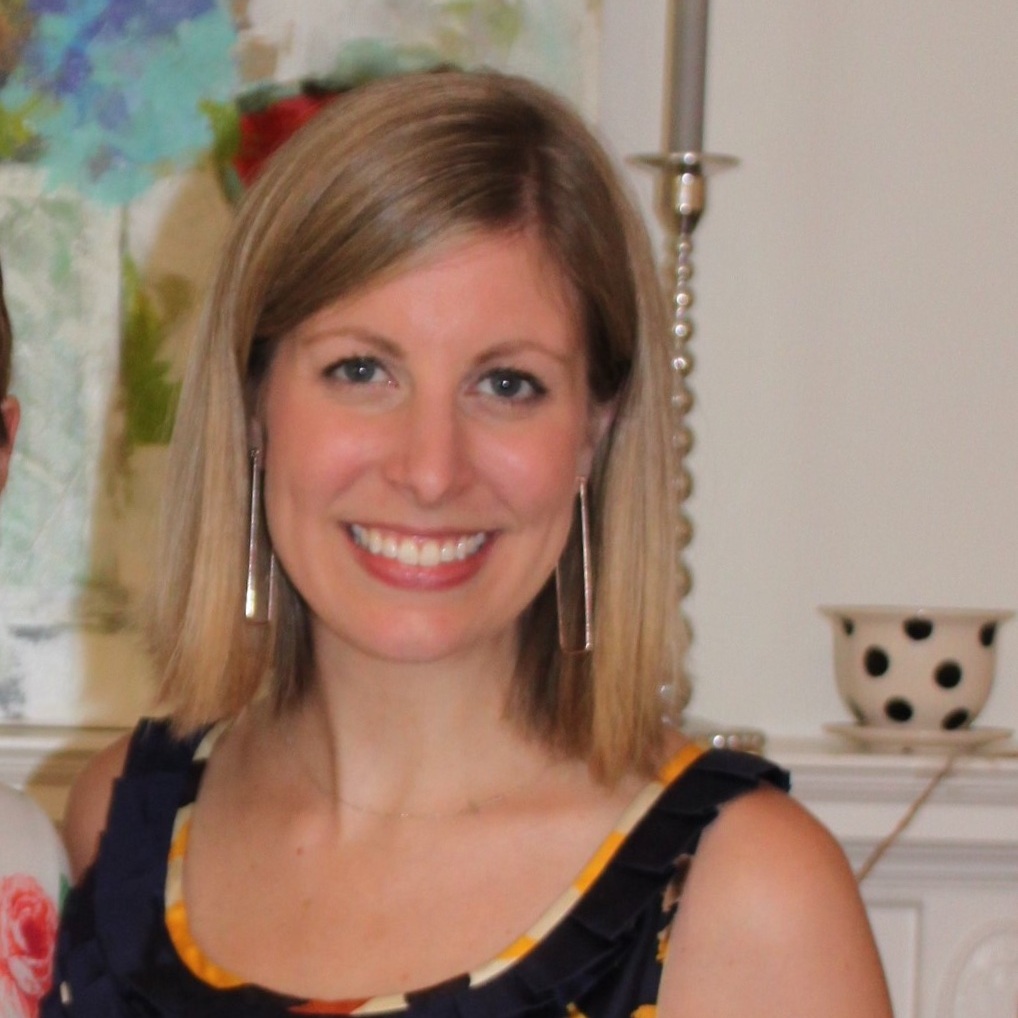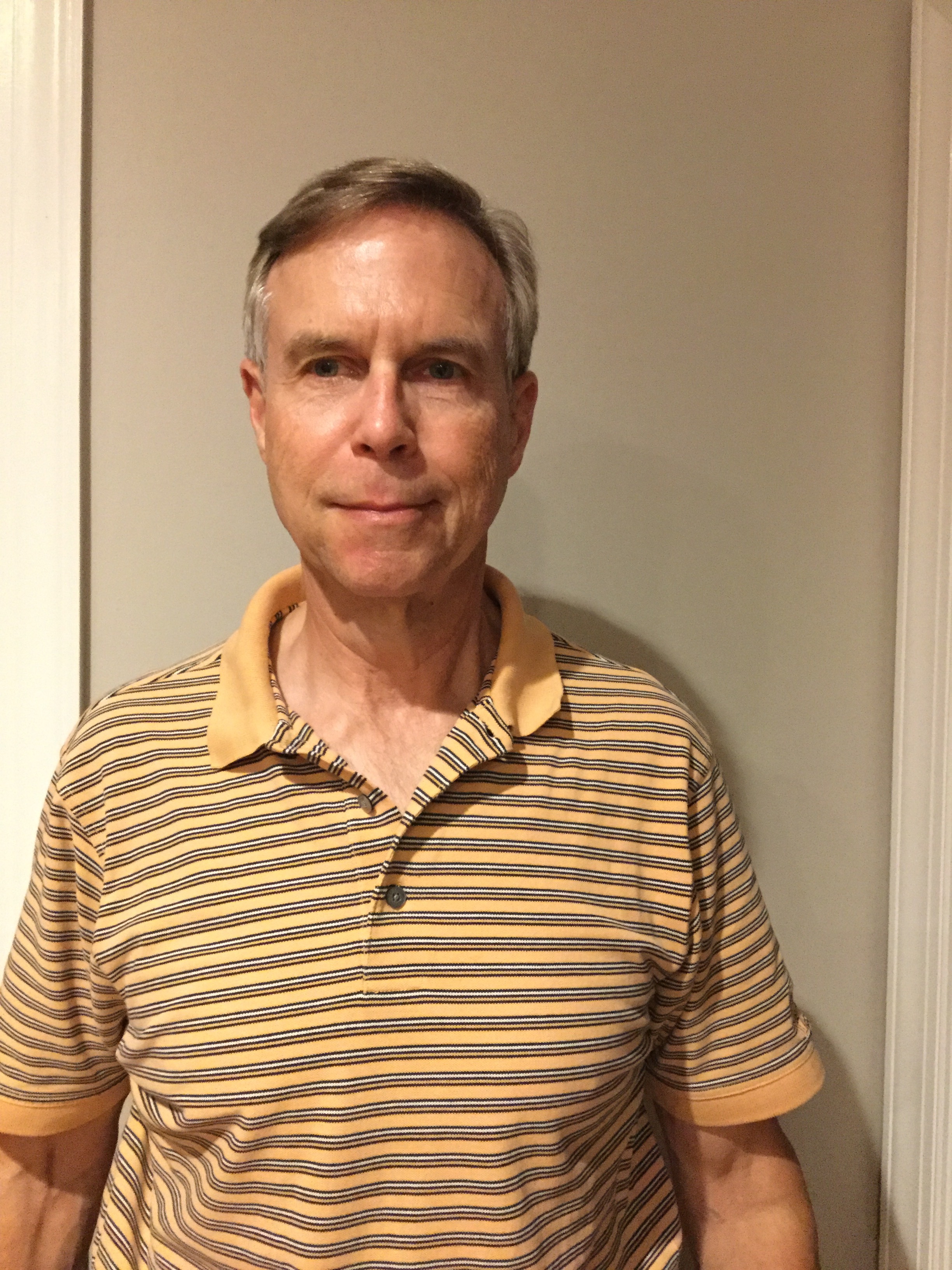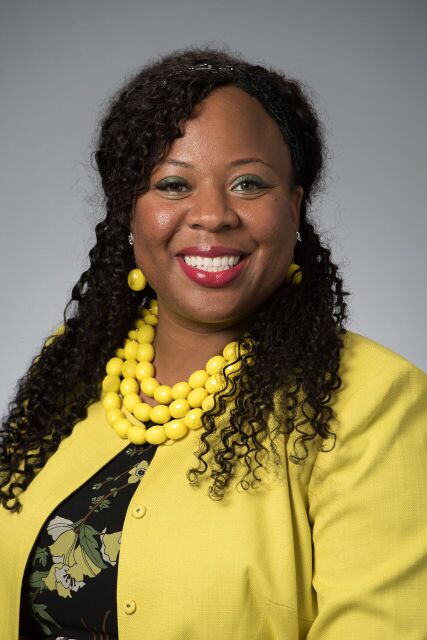Eleanor Wells saw a problem.
Ashley MacLachlan was living it.
The work of caring for other people’s minds, bodies, and souls can take an especially hard toll on helping professionals.
Wells witnessed this exhaustion up close in the professionals serving at a treatment center for women dealing with addiction and co-occurring mental illness where she volunteered. She observed this familiar weariness, too, in the hearts of ministry leaders all over the world that she consulted with in volunteer work through a supporting organization.
“You saw this heaviness that weighed on them,” says Wells.
MacLachlan, a clinically trained therapist who has served vulnerable populations in multiple capacities, felt this first-hand. MacLachlan treasured her work: she was doing what God had made her to do, but after many years of working as a therapist, she began to realize the impact that her work had on her. Given the self-giving nature of counseling and helping professions in general, MacLachlan fears that many others are “pouring out, but they don’t know how to receive it.”
“Because of [Ashley’s] work, she got it. We could talk the language,” Wells recognized.
The two met when they became prayer partners during their time in Gotham, NIFW’s nine-month faith and work intensive that culminates in each participant completing a cultural renewal project that is intended to shine light on darkness within their industry.
However, Wells never expected to be a part of Gotham: “I didn’t feel like I was qualified, because I’ve always been a stay-at-home mom. My work has always been volunteer work. I just felt like I didn’t ‘work’.” Reflecting back, Wells says, “Part of [the program] was recognizing what work is, the realization that you work whether you get a paycheck or not.”
The two developed a deep friendship, and when the time came they eventually committed to work together on their cultural renewal project, seeking to address this crisis of compassion fatigue that is so prevalent within helping professions.
As Wells explains, compassion fatigue is an extreme state of tension and preoccupation with the suffering of those being helped to the degree that it can create a secondary traumatic stress for the helper. This profound emotional and physical erosion that takes place when helping professionals are unable to refuel leads to an exhaustion in their compassion for others and themselves.
People suffering from compassion fatigue may display symptoms such as emotional numbness, difficulty relaxing, profound exhaustion, and depression. Ultimately, their brains have difficulty differentiating between the trauma of their patients and their own personal trauma.
Compassion fatigue is different from the experience of burnout, which is a cumulative process manifested by emotional exhaustion and withdrawal related to heavy workloads and organizational demands, according to Wells.
Wells has great concern for those working in the healthcare industry right now during this time of COVID-19, because as she explains, those that are highly dedicated and highly motivated in their work are at the greatest risk of compassion fatigue.
While intensively studying compassion, Wells began to deeply lament the brokenness of the cycle of compassion fatigue, marked by high job turnover rates, mental health struggles, relational isolation, and physical exhaustion. Inspired to enact change, Wells attended Lipscomb University and acquired her coaching certificate, which included many hours of practical training.
Over time, the project’s vision evolved into compassion fatigue workshops taught by Wells that cover what compassion fatigue is, its signs and symptoms, helping people unpack why they find themselves in this place, and what true self-care includes.
Self-care is a popular cultural message at the moment, but both Wells and MacLachlan don’t think it is rightly understood. “There’s a misnomer,” MacLachlan explains, “of what self-care really is. It’s not a manicure and a massage; it’s what is life-giving to you? What brings you something into your life that gives you the ability to then be able to give out to someone else?”
Wells draws on the example of a sponge: “If you squeeze it out until there’s not a drop left, there’s nothing left to give.” Her quote is reminiscent of the writer and theologian Frederick Buechner, who cautions: “Pay mind to your own life, your own health, and wholeness. A bleeding heart is of no help to anyone if it bleeds to death.”
For the self-care portion of her coaching, Wells has created a grid that she calls “Project 252.” It is based on the verse Luke 2:52, which says, “And Jesus increased in wisdom and in stature and in favor with God and man.”
From this verse, Wells has identified a four-part process of how to take care of ourselves: intellectually (“wisdom”), physically (“stature”), spiritually (“favor with God”), and relationally (“favor with man”). Wells emphasizes that to truly care for yourself and minimize compassion fatigue, all four areas of wellness should be attended to with intention.
Wells and MacLachlan both are careful not to view the work of self-care as something we muster up from our own inner resources. Says MacLachlan, “From a faith standpoint, it’s not about filling yourself up, it’s really about allowing God to fill you up. We pour out from the overflow. It’s not from our own strength.”
While compassion fatigue is a particularly relevant problem today in the midst of COVID-19, it isn’t going away. As Wells reminds us, “The reality is that medical professionals pour out every day. While this crisis will pass, the daily lives of medical professionals may slow a bit, but the reality is that for them [and other helping professionals], compassion fatigue is always a risk.”
Rather than the burden being placed solely upon individuals to care for themselves to prevent compassion fatigue, Wells believes that organizations must also proactively respond to this problem by creatively implementing systems for prevention.
This conviction, in part, led Wells and a small team of similarly passionate professionals to recently establish Cohort4Care, a new consulting organization for individuals and organizations at risk of compassion fatigue and burnout strategically created during COVID-19 to help aid in the response. Recognizing how helping professionals are at great risk for compassion fatigue, Wells and her team are dedicated to caring for those serving on the frontlines.
There is no shortage of fear or fatigue within our current cultural moment. Wells, rather than withdrawing from it, is entering directly into the fray, buoyed by her belief in Christ and driven by the desire to love her neighbor.
“I’ve seen it help,” Wells says. “There’s hope.”






